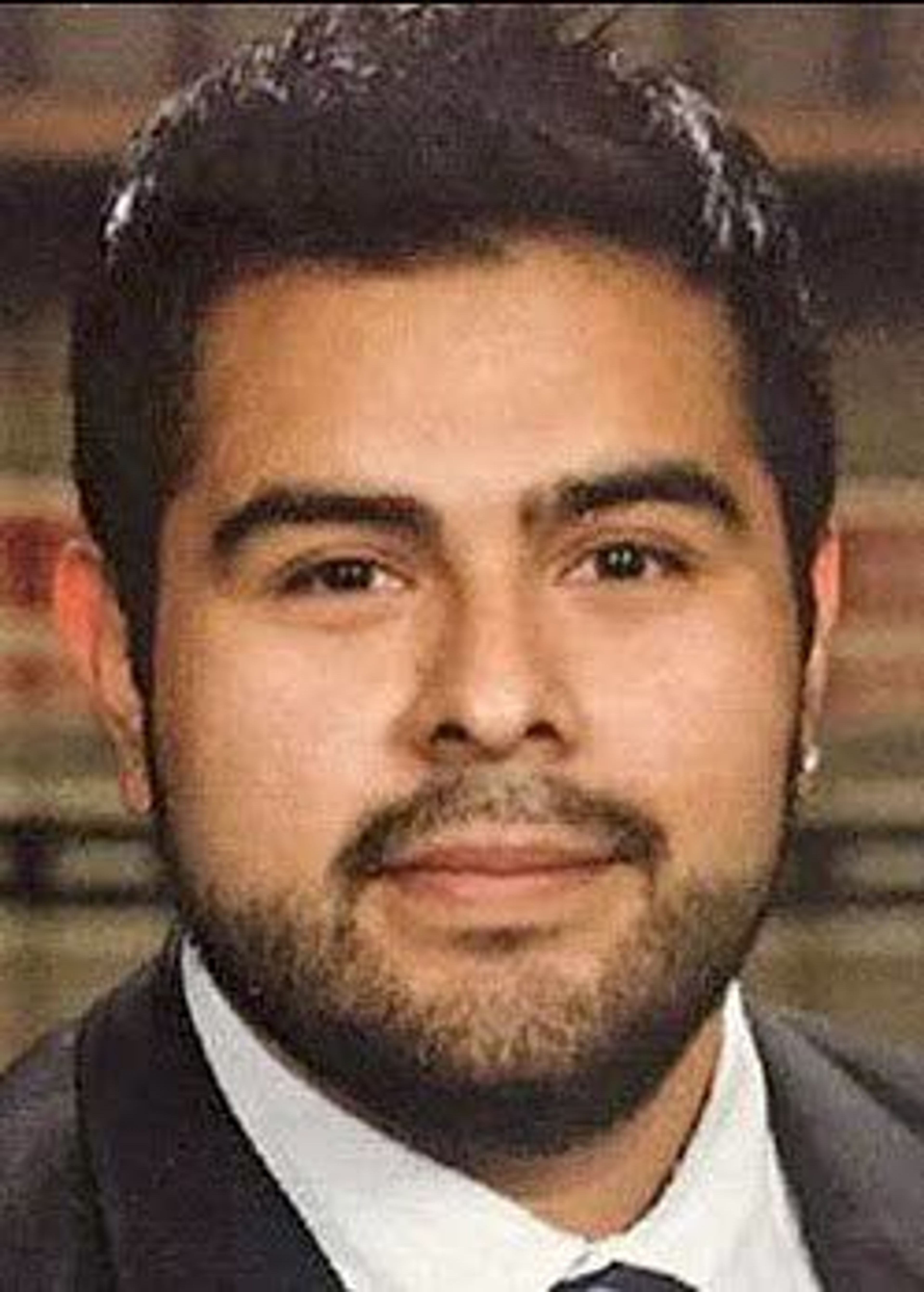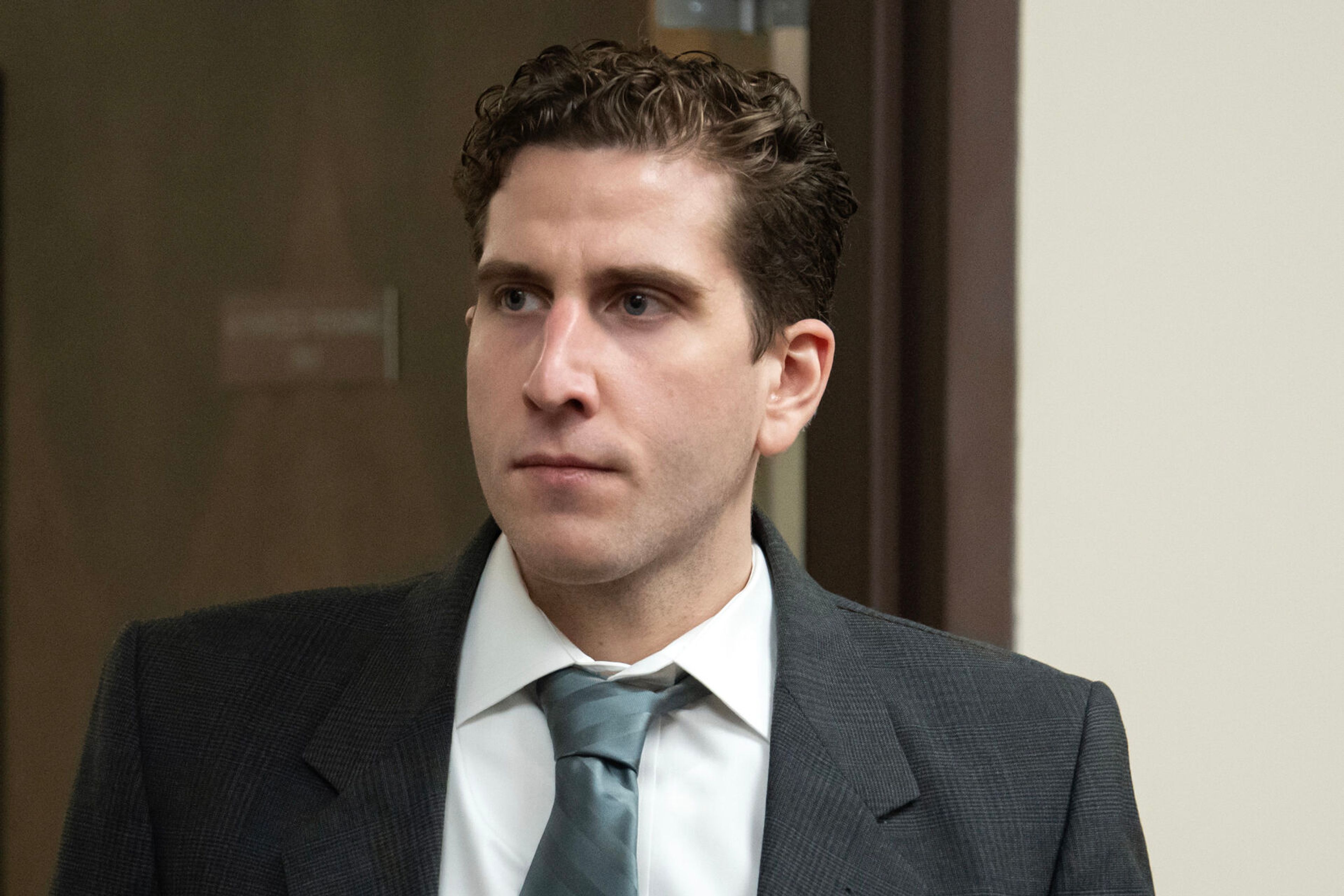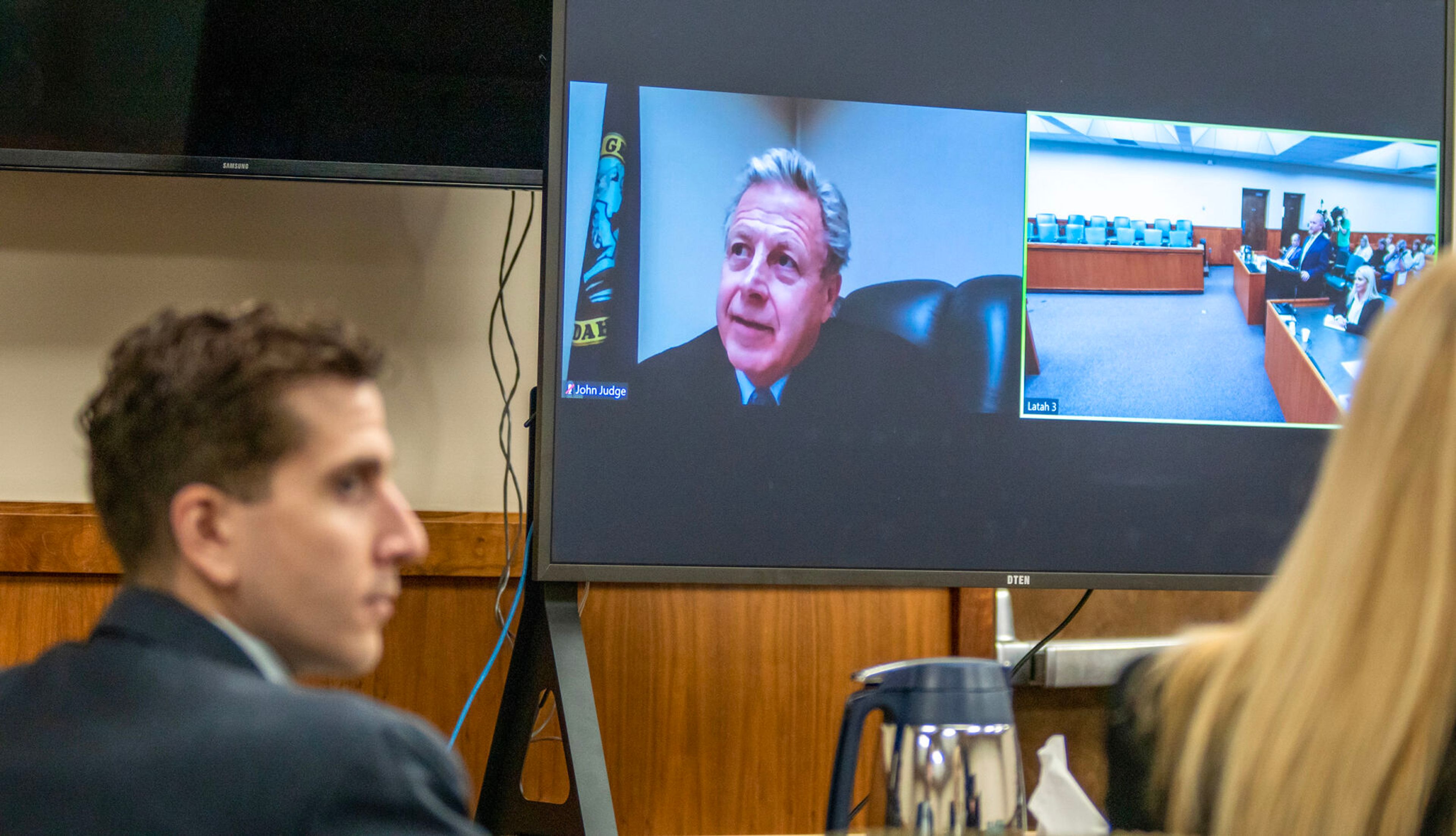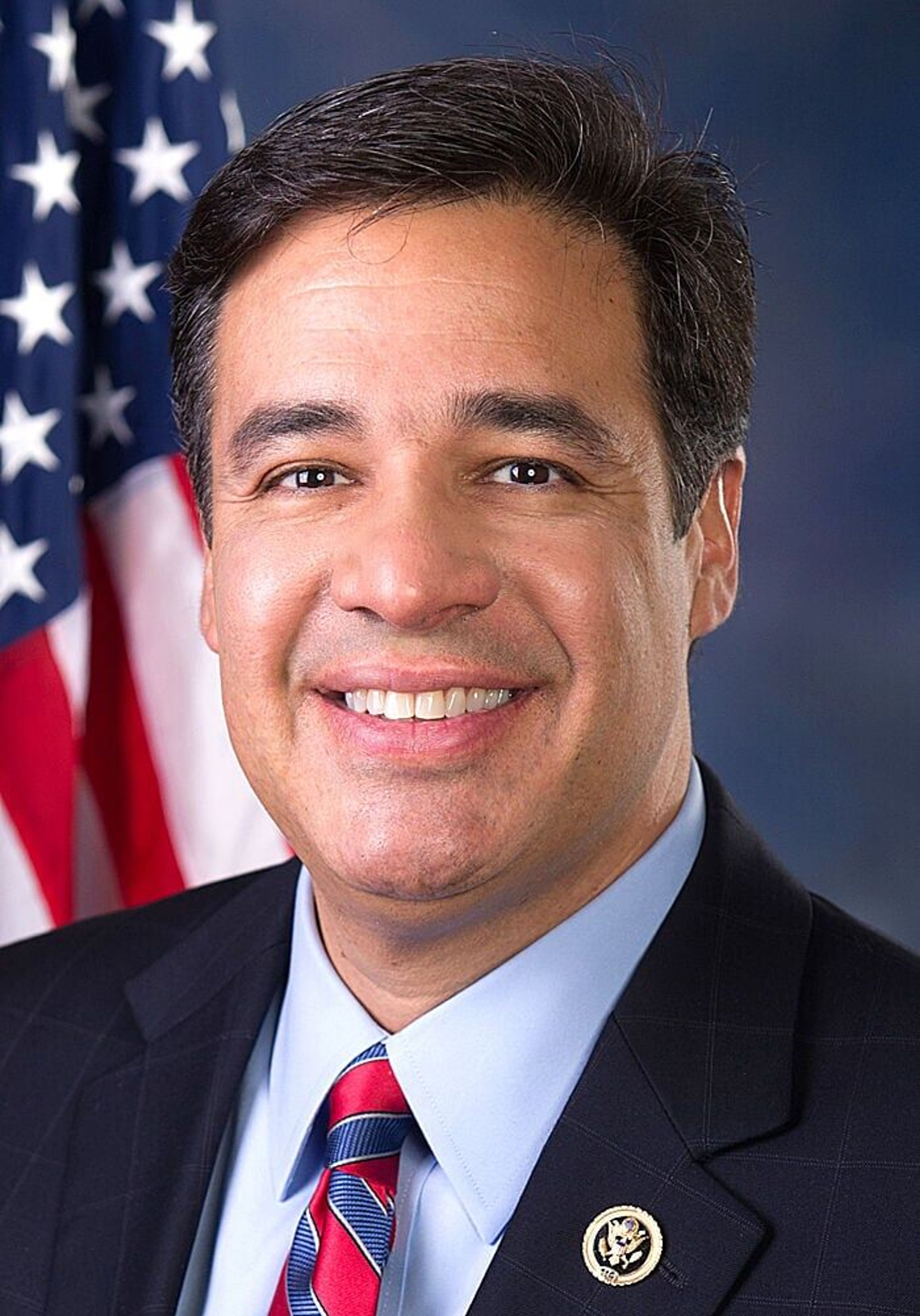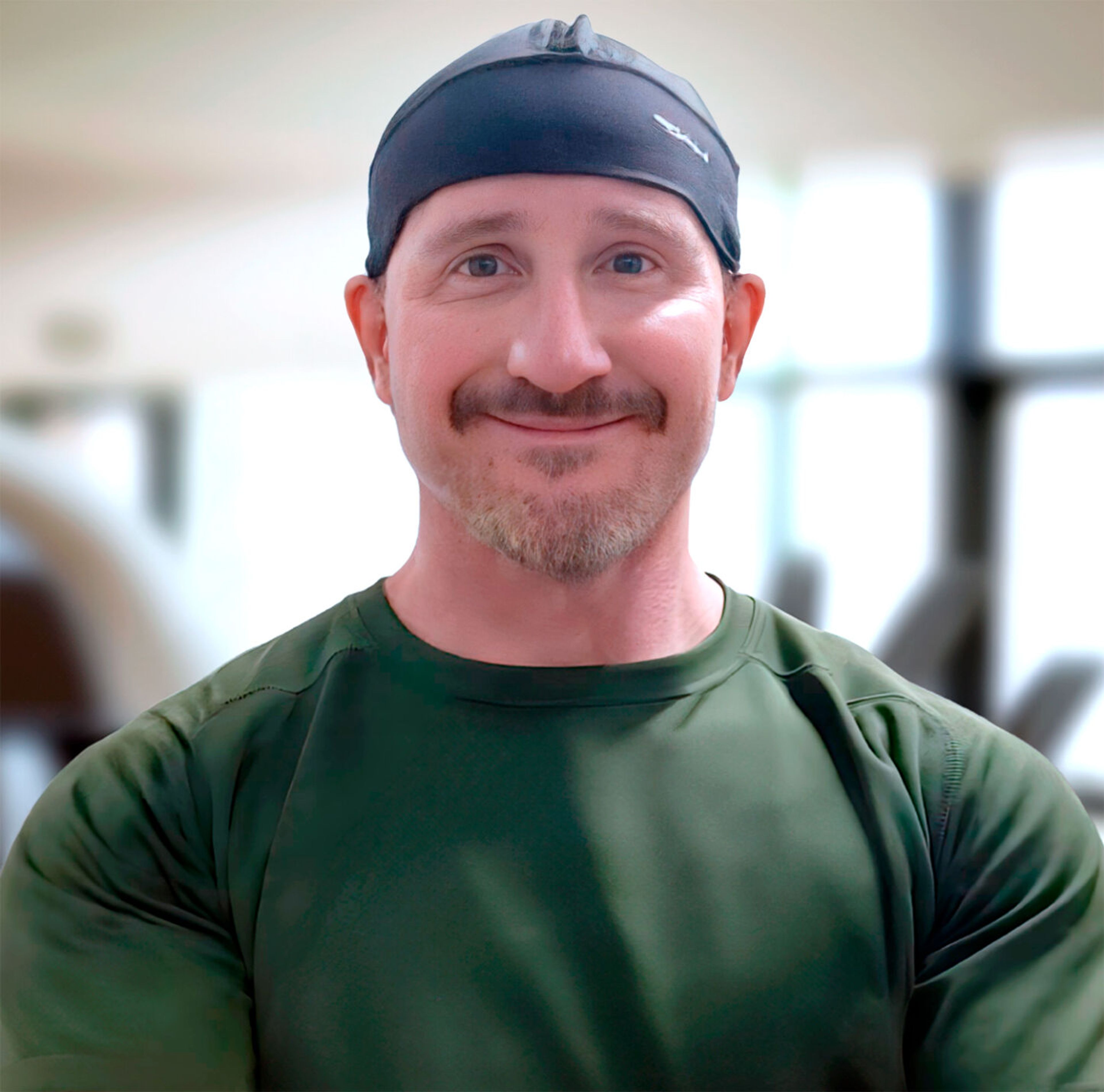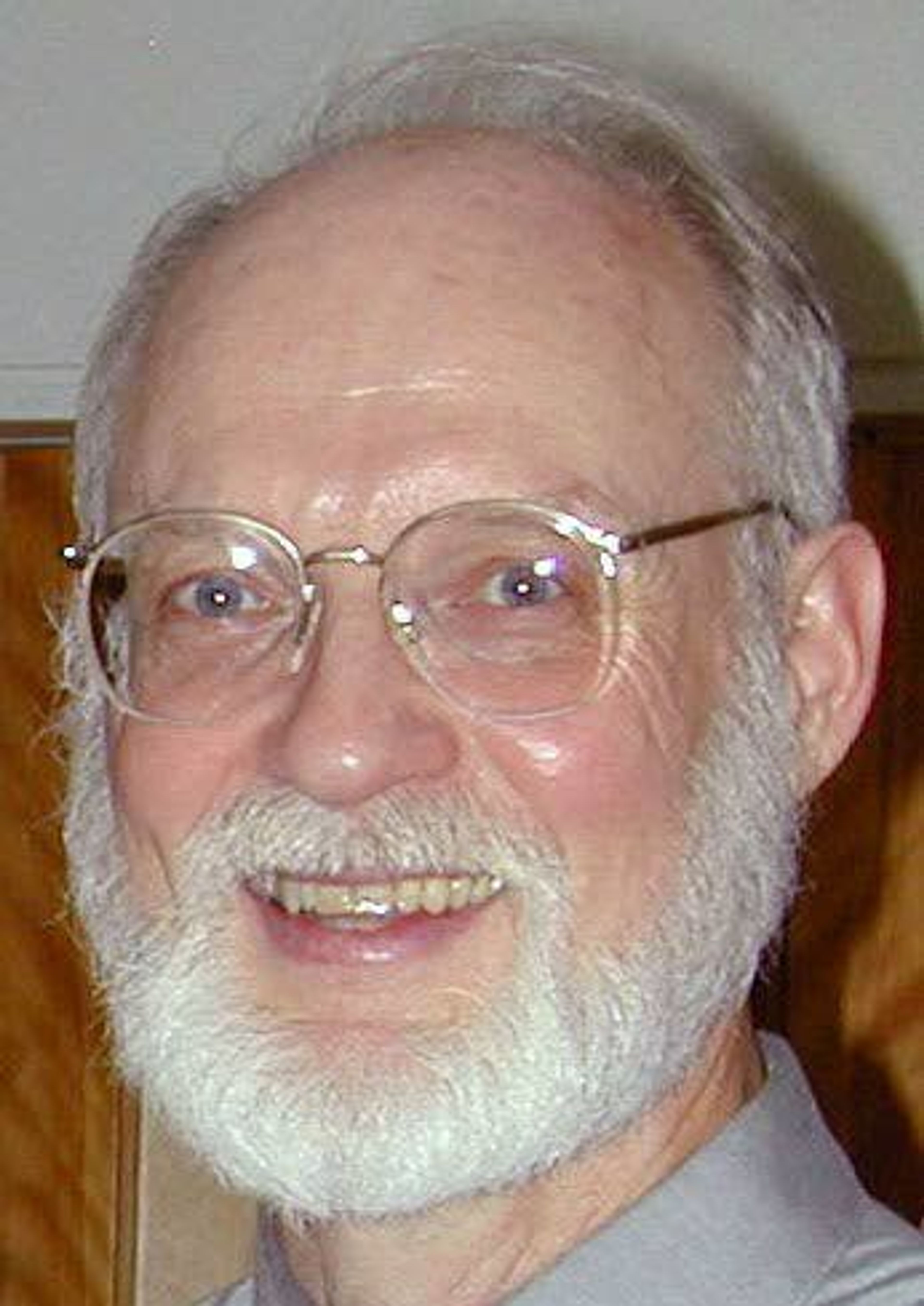UI law school grad defends DACA
Cortes Romero, co-counsel in Supreme Court case, fears end of program would be ‘death by 1,000 papercuts’
Shortly after a young man, Daniel Ramirez, was arrested by Immigration and Customs Enforcement agents in February 2017 in his father’s western Washington apartment, his brother called an immigration lawyer.
That lawyer was University of Idaho School of Law graduate Luis Cortes Romero. That call and news coverage of the event sparked what would become a U.S. Supreme Court fight for the future of Deferred Action for Childhood Arrivals. Cortes Romero served as co-counsel in that Supreme Court case and spoke about his experience Tuesday at Washington State University.
“Daniel’s case is a very tragic case but it is also a cautionary tale,” he said.
Cortes Romero said ICE agents were at the apartment that day to arrest Ramirez’s undocumented father, and decided to arrest Ramirez, a father himself, in the process. Ramirez is a DACA recipient, but he was accused of being affiliated with a gang. He was then held in a detention center.
The case resonated with Cortes Romero, who is also a DACA recipient. DACA allows children of undocumented immigrants to live and work in the country.
“This could have very easily been me,” Cortes Romero said.
Cortes Romero was contacted by attorney Mark Rosenbaum and Ethan Dettmer, who were interested in helping Ramirez. They started brainstorming ideas but could not find a solution. Cortes Romero said he was afraid ICE would be able to continue detaining DACA members.
“I also start thinking, ‘This is the end of DACA,’ “ he said. “They’re not going to announce it, it’s going to be death by 1,000 papercuts. They’re going to end DACA one by one, accusing us of being gang members, accusing us of being threats to national security. This is it.”
Then he got a late night phone call Rosenbaum saying they decided to file a suit in federal court to restore DACA protections.
He said 800,000 people have applied for DACA after it was established by the Obama administration, and he called it an “unqualified success.”
In the U.S Supreme Court case, the team of attorneys and professors tried to show how individual DACA beneficiaries will be harmed if the program is taken away. They brought with them six DACA recipients including a doctor from Harvard, a lawyer, community organizer, special education teacher, elementary teacher and a psychiatrist to be plaintiffs.
“The brave faces of the DACA program,” he said.
The Supreme Court heard arguments in November and are expected to make a decision anytime between now and June, Cortes Romero said.
Theodore Olson, a longtime Republican, is an attorney partnering with Cortes Romero to argue for DACA. Cortes Romero said this seemingly odd partnership shows that DACA is bigger than politics.
“We saw that this transcends political lines,” he said. “This isn’t just about Republican and this isn’t just about Democrat, liberal, conservative. We see that this issue is an American issue that transcends the American public.”
Anthony Kuipers can be reached at (208) 883-4460, or by email to akuipers@dnews.com.
